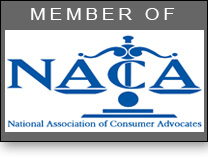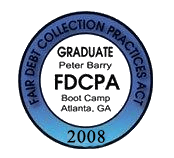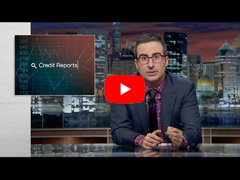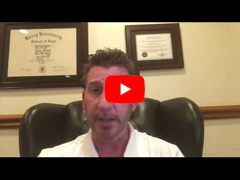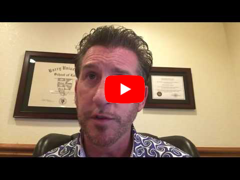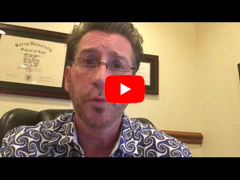- Paying On Time
Regularly paying your monthly bills on time helps raise your credit score. These debts are regularly reported to credit reporting bureaus. It is best to pay off your credit card balance in full every month since it lowers your credit utilization percentage. This raises your FICO score.
- Pay off Debts with Highest Interest Rates First
Cards with high interest rates result in the creation of more debt, which lowers your FICO score. Pay off these cards first to raise your credit score. Your goal is to be debt-free!
- Pay off Credit Cards with the Low Credit Limits
If you are close to maxing out a card with a low limit, pay it off first. If you close the card, with the total debt amount reduced, your overall credit limit doesn’t shrink as much. This helps lower your credit utilization percentage.
- Use Less Than 30% of Your Available Credit
If you keep debt that is over 30% of your credit limit, the debt begins to severely lower your FICO score. Your score will improve once you begin to drop below 30% of total usage and, the longer you maintain more than 30% owed, the lower your credit score. Pay it down fast to increase your score. Your goal is to be debt-free!
- Your Student Loans
Paying off your student loans is a good thing, because you’re reducing your debt-to-income ratio. Paying this debt regularly on time helps your score.
- Pay off Small Balances on Numerous Credit Cards
Don’t maintain these debts. Pay them off fast to increase your usage ratio, which will raise then your credit score. Your goal is to be debt-free!
- Pay Any Past-Due Bills
If you have debts that are late, they need to be paid off! Do not ignore these because they will not go away. These debts are often charged-off and sold to the debt buyer market for pennies. Your goal is to be debt-free!





